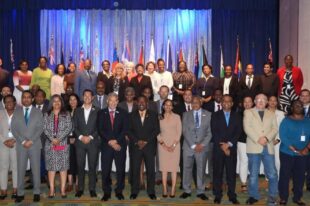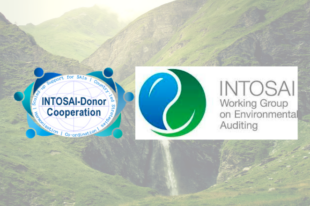SAI Costa Rica Uses Innovation, Agility to Face the Challenges of COVID-19
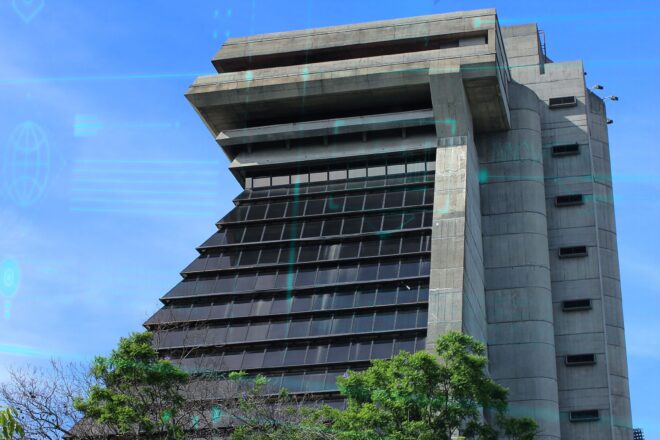
SAI Costa Rica Shifts to AI-based Approach to Auditing Public Procurement
by Falon Arias, Jose Pablo Arroyo, Ana Duran, and Carlos Morales
Recently, SAI Costa Rica has moved toward an innovative approach—the use of artificial intelligence (AI)—to auditing public procurement of goods and services. The SAI carried out two audits using AI in 2020 and plans to conduct two more in 2021.
Traditionally, SAI Costa Rica audited purchase contracts based on sampling, their cost, or particular risk factors, especially for corruption. These methods were labor intensive and did not permit the SAI to audit all high-risk contracts. By contrast, the use of AI has allowed the SAI to more efficiently detect contracts with significant deviations in scope, cost, and time. This makes AI an effective corruption-prevention tool that could potentially be applied to a range of other areas.
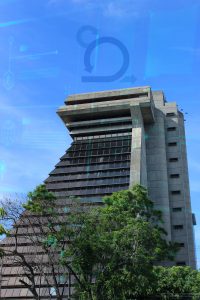
The first step in shifting toward an AI-based audit process for public procurement was for SAI Costa Rica to evaluate—based on prior experience, best practices, and review of literature—how the following variables could influence the scope, cost, and timeframe of contracts:
- Contractors’ technical capacity and operations
- Nature of the contracting process
- Type of market the good or service belongs to
- Characteristics and capacity of the institution that administers the contract
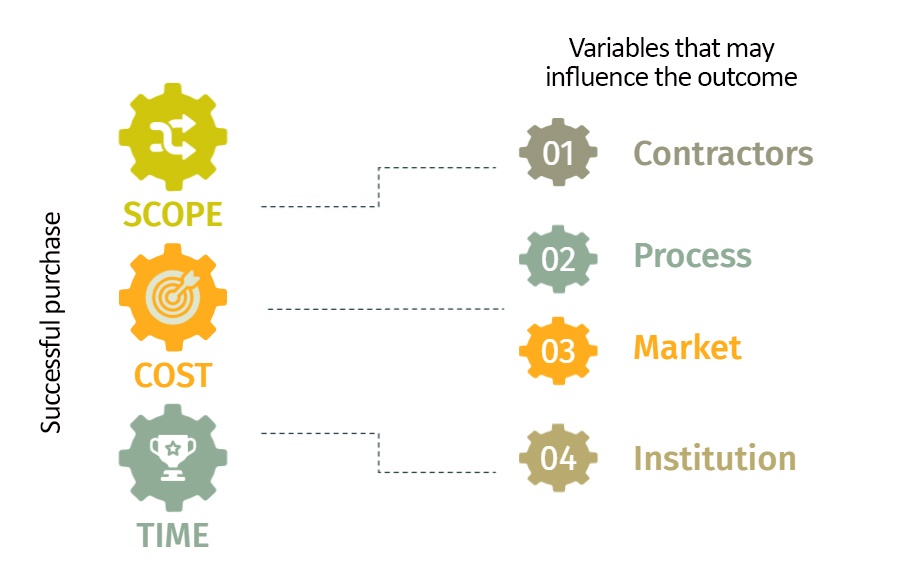
The second step involved using a “modeling-deployment-learning” technique. SAI Costa Rica used a predictive model to select very successful or unsuccessful public purchases (i.e., extreme values), and then analyzed in detail the unsuccessful ones to identify the causes of failure.
The results of this analysis allowed SAI Costa Rica to determine specific actions that could improve procurement procedures, such as implementing inventory controls to improve the planning and scope of contracts, and soliciting a greater number of bidders, to enhance transparency and ensure a reasonable cost for goods and services. SAI Costa Rica recommended these actions in its audit reports.
By adding new information about contracts already analyzed, SAI Costa Rica generated a large amount of data that helped develop a machine-learning system. This system can analyze specific contracts in an automated manner and alert the SAI to those that are high risk, making the SAI’s review of contracts much more efficient.
SAI Costa Rica Adopts Agile Approach to Auditing
To help the public sector face the challenges of COVID-19, the Comptroller General Office of Costa Rica has become more agile in its approach to auditing. During the pandemic, the Supreme Audit Institution (SAI) has adjusted the process, timing, and content of key audits, with the aim of quickly delivering value to audited entities without sacrificing quality.
Since 2020, SAI Costa Rica has applied these adjustments to a subset (15) of its compliance audits. The SAI established very clear criteria for these audits and scoped them into “mini-cycles,” or “sprints,” in which auditors begin to generate reports from the very first stages of the engagement. This approach has enabled SAI Costa Rica to communicate recommendations for improvement—in a balanced tone—before issuing a final report, so the government can make decisions in real time that result in more effective management of the public sector.
Through this agile approach—which complements the fundamental principles established in ISSAI 100—SAI Costa Rica has enhanced the value of its services, to better meet the needs of stakeholders and the public. Moreover, SAI Costa Rica implemented these changes without any additional financial or human resources, which suggests that becoming more agile is within every SAI’s reach.

